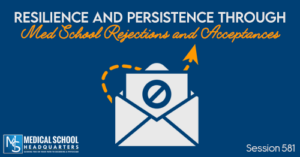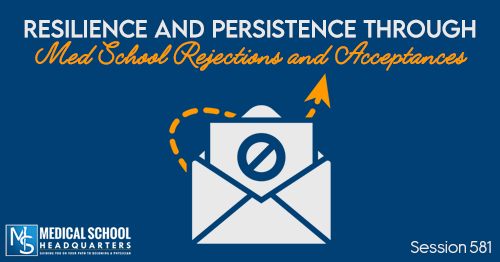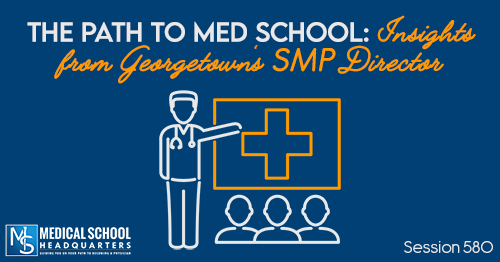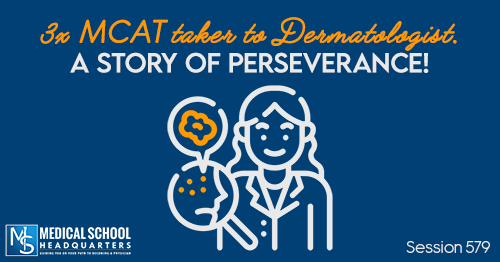Session 581
Facing rejection can be one of the toughest experiences, especially when it comes to something as challenging as medical school admissions. Misha knows this journey all too well. Her admiration for her grandfather, a general surgeon in Iran, fueled her passion for medicine, but her path was anything but straightforward. Tune in as Misha shares how working as a medical assistant during her gap year solidified her dedication to becoming a doctor and significantly boosted her application.
Rejection is an emotional rollercoaster, and Misha openly talks about the self-doubt and loneliness that can accompany it, particularly for a first-generation student. This episode goes deep into the importance of feedback, the critical period of reflection, and the decision to reapply despite the odds. Misha’s story is a powerful testament to resilience, persistence, and the undeniable power of self-belief.
Navigating the medical school admissions landscape is no small feat. From understanding the critical role of academic stats like GPA and MCAT scores to making strategic decisions about applying to DO programs, Misha provides valuable insights every aspiring medical student needs to hear. We also discuss the financial and emotional toll of the application process, including practical advice for scholarships and using tools like the Moss app to ease the financial burden. Misha’s journey is not just about getting into medical school; it’s about the lessons learned along the way and the strategies that led her to success.
Full show notes coming soon!












